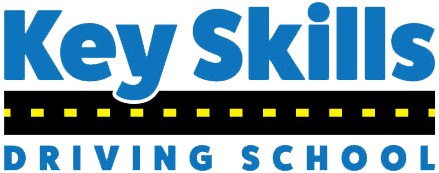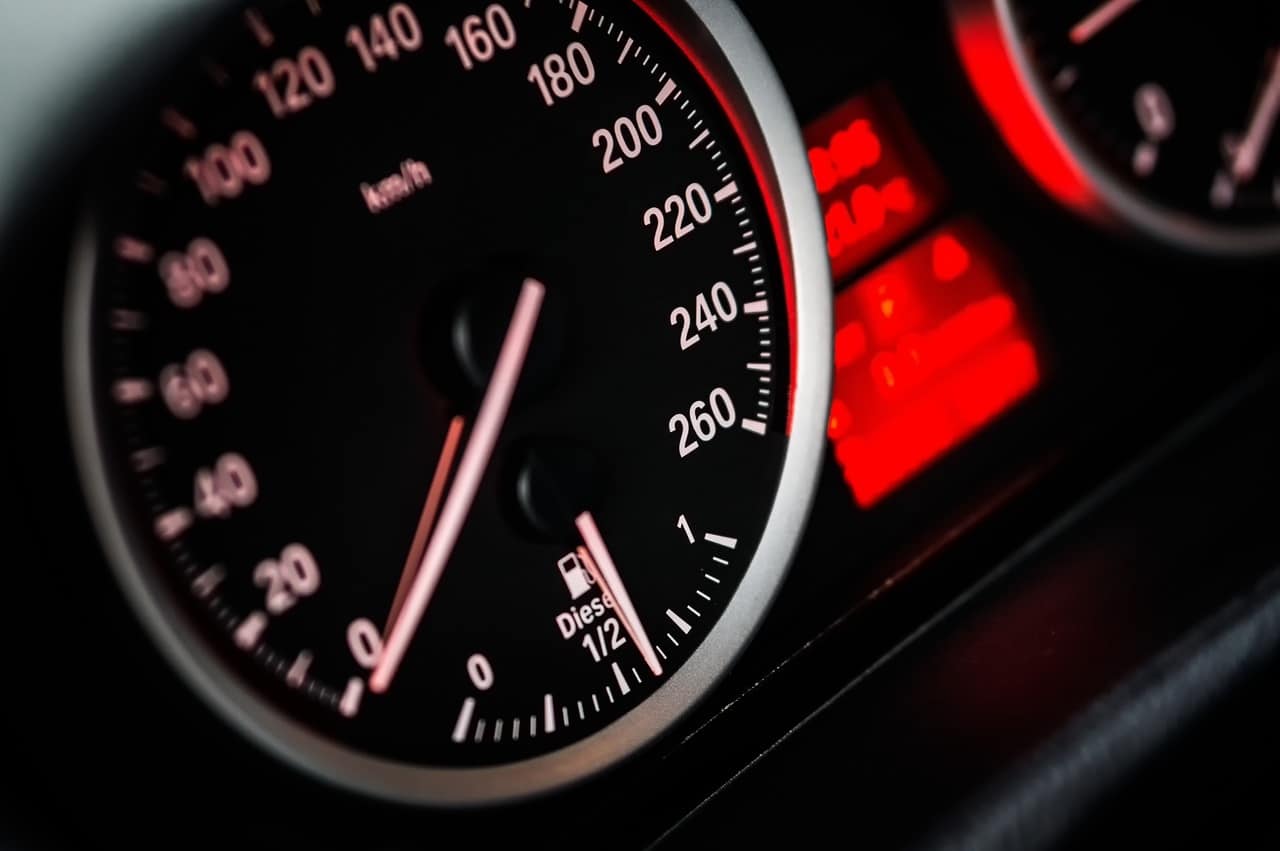

It goes without saying that new drivers have a lot to learn. In order to become safe drivers, new drivers need to learn and practice a range of skills. Many of those skills take practice—meaning that inexperienced drivers are learning on the roads.
People learn these skills from parents, guardians, spouses, as well as from trained driving certified trainers from a professional driving school in the Phoenix area. Key to your success as a new driver is the attitude you approach
Driver education in Arizona is not specifically required, although it will probably lead to a reduction in insurance premiums. It will also make sure you pass the written and road tests the first time—and if you earn a completion certificate for a behind-the-wheel course, you may not have to take the road test.
Arizona has a graduated license system for drivers under 18. The system works as follows:

Arizona has largely decentralized its driver’s license and training services. Many “Third Party Providers”. Third party providers may handle title/registration matters, and some also handle driver license issues, including providing written or road tests. These providers are regulated.
Many of them also provide driver education—some provide classroom instruction, others behind-the-wheel, and some do both. Many of the ones providing behind-the-wheel instruction will also perform your road test for you, giving you the certificate of completion.
Coordination of the hands, feet, eyes, ears, and brain is a crucial part of driving. It requires practice and training to master all the skills needed, as well as a good understanding of what you have to do. During your practice driving around Chandler and Phoenix, your driving certified trainer will guide you through each skill.
The Arizona Driver’s Manual is your best resources for what Arizona expects from its drivers.
One of the most important skills is keeping your eyes moving. You should not be staring ahead, or at a mirror, or at the dashboard—or at someone in the car. Rather, you should be looking frequently between the road ahead, the mirrors, the speedometer, and, when changing lanes, over your shoulders.
You should also be setting your seat and mirrors so that you can sit comfortably and see clearly as your drive. Of course, you should be adjusting your seat before you start driving.

Human error is a contributing factor in ninety percent of auto accidents. Many errors occur when people are not paying attention to what they’re doing. One of the main reasons to practice drive with a professional driving certified trainer is that you will develop good habits with a person who knows what good drivers should do all the time. These habits will lessen the likelihood that your error will cause accidents.
One thing to be aware of all times is the state of your emotions while driving. Emotions can be distractions—worry may cause your mind to wander from your driving. If you are angry, road rage may cause you to become aggressive—you have responsibilities to other drivers just as they have responsibilities to you.
Even when you’re allowed to have more than one passenger your age in the car, don’t let your friends push you to driving poorly. Keep your eyes on the road; you can talk without making eye contact. And certainly don’t let them talk you into reckless driving.
Driver education will also cover what to do if you are involved in an accident—no matter who’s at fault.
Even when you’re allowed to have more than one passenger your age in the car, don’t let your friends push you to driving poorly. Keep your eyes on the road; you can talk without making eye contact. And certainly don’t let them talk you into reckless driving.
Driver education will also cover what to do if you are involved in an accident—no matter who’s at fault.
Part of your job as a driver in Tempe, Scottsdale, or Gilbert—or anywhere around Phoenix—is paying attention. You must be aware of what is going on all around you, not just in front of you. This skill is called situational awareness, and many things can detract from it.
Changing radio stations on the console or songs on your smartphone are distractions—they diminish your situational awareness. Conversations and cell phones do the same.
Situational awareness means looking ahead—sometimes two or three blocks while driving around Phoenix or Glendale. Look ahead on the highway. Make sure you are aware of children playing in the yard on the next block, as well as the truck pulled over a mile ahead of you.
You will have to communicate with other drivers—your turn signals, brakes, and the act of slowing down all send messages to other drivers. As you work with your Phoenix-area driving certified trainer, you will develop these communication skills.
Driving can also be impaired using drugs or alcohol, as well as fatigue, medication, and illness. These things can affect alertness and judgement.
One ability of successful drivers is their ability to manage risks. The roads present risks to you—even when you are an excellent driver. Keeping your eyes moving, checking mirrors, and glancing over the shoulders will help you drive safely. That is risk management.
As you work with your driving certified trainer, you will work on risk management, and your certified trainer will ask you what you see ahead of you. You should demonstrate you see the children in the yard, the stopped car three blocks away, and the brake lights on three cars in front of you.
As you learn to drive, whether it’s in Phoenix or around Ahwatukee, in Apache Junction, Scottsdale, or Glendale, remember that road safety is up to you—or at least, we’d have safe roads if everyone held to that ideal. Your driving instruction will help you develop the habits of safe driving.